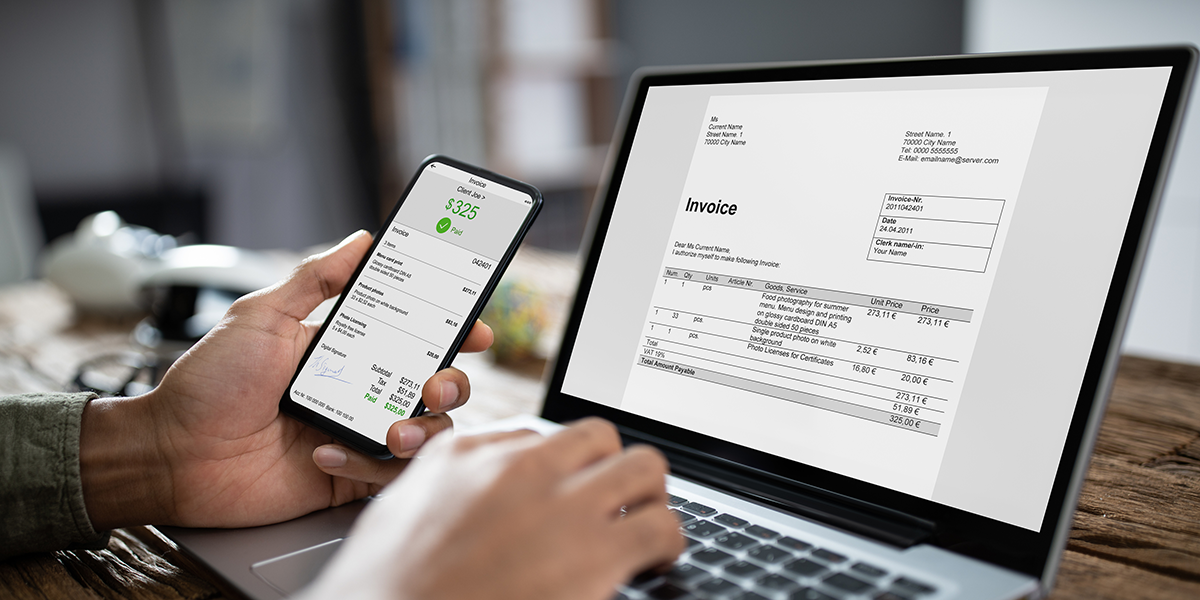
When I think of bookkeeping, the first thing that comes to mind is a scene out of “Peaky Blinders:” a sharply dressed man pacing the floor with a heavy leather book, frantically crunching the numbers to figure out which accounts have an overdue balance and of how much.
Today, accounting software digitizes the majority of this reconciliation process. The problem with this? There are hundreds of software solutions a business can choose from — but more poignantly, software offered by a business’ bank seldom falls at the top of that list.
Many banks have historically been slow to service their small business customers. Account opening, applying for a loan or even getting business cards has traditionally forced business owners to head to a branch. The crucial need for bookkeeping software has turned businesses onto disruptors in the space: Intuit’s Quickbooks, Block’s Square software system, PayPal Holdings, etc. These incumbents, and others, are ready to pounce on a market that’s estimated to grow as big as $45.3 billion.
But banks have the chance to claim some of that market.
The Paycheck Protection Program showed small businesses that there were gaps fintechs couldn’t fill — ones that financial institutions could. Bank leaders looking to strengthen the relationship between their institution and their small business customers may want to start with accounts payable (AP) technology.
If your bank doesn’t already offer small business customers an integrated AP software as a benefit of having a business account, it’s time to seriously consider it.
Some larger banks — U.S. Bancorp, Fifth Third Bancorp — have built in-house AP offerings for their commercial customers. Others, like my $4 billion bank in southeast Iowa, do not — and probably can’t even afford to consider building. Detroit-based Autobooks provides those in-between banks with a platform to help service the AP and invoicing needs of small businesses.
Autobooks lets banks offer its white-labeled software to their small-business customers to manage accounting, bill pay and invoicing from within the institution’s existing online banking system. This eliminates the need for businesses to go anywhere else to handle their AP, and keeps invoicing and payment data within the bank’s ecosystem. More data can lead to better insights, campaigns and products that generate revenue for the bank.
Autobooks receives payments via credit card, Automated Clearing House (ACH) transfers and lockbox transactions. Because small businesses are already working within the bank’s online system, received funds are automatically deposited directly into the business’ bank account.
Paymode-X from Bottomline Technologies is another solution that banks could use. Paymode-X is an electronic, business-to-business payments network that integrates with the existing cash management systems of a bank’s business customers. It eliminates manual initiation and tracking of electronic and ACH payments; its bi-directional connection to accounting systems helps automate reconciliation. Constant electronic monitoring of payments also better traces and tracks payments for banks.
Bottomline Technologies handles vendor outreach and enrollment into the system, and also helps banks identify opportunities to earn additional revenue through the rebates and discounts a vendor may offer to encourage paying electronically, paying early or buying in high volumes.
In addition to offering it to commercial customers, banks can also use Paymode-X for their internal AP needs.
Bill.com has also marked itself as a notable fintech partner. Bill.com Connect is an end-to-end payments management platform that commercial clients access through a bank’s online portal or mobile app. Platform features include a payments inbox to receive, manage and process invoices digitally, automatic forwarding of invoices to the appropriate party, digital signatures and customizable workflows to enable automated approvals.
Bill.com also touts a network of over three million businesses, which could be an attractive benefit for commercial clients looking to expand, partner and more simply get paid.
There is still time and space for banks to plant their flag in the small business space; fintech partners could be an attractive way to break that ground.
Autobooks, Bottomline Technologies and Bill.com are all vetted companies for FinXTech Connect, a curated directory of technology companies who strategically partner with financial institutions of all sizes. For more information about how to gain access to the directory, please email finxtech@bankdirector.com.
